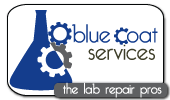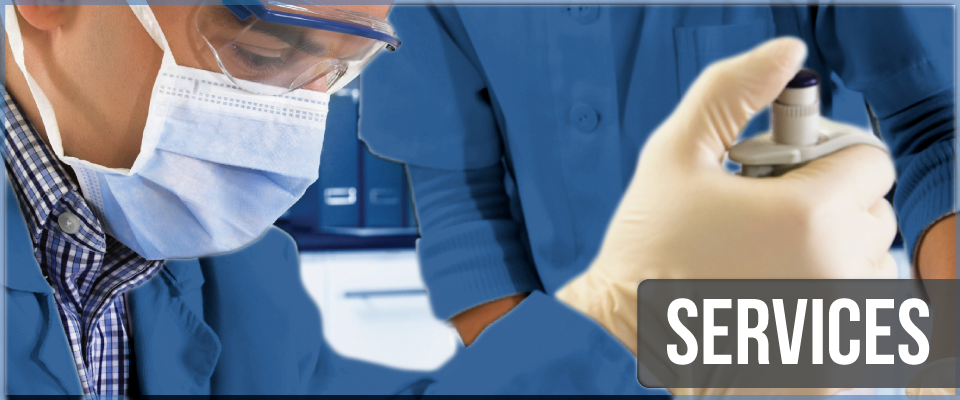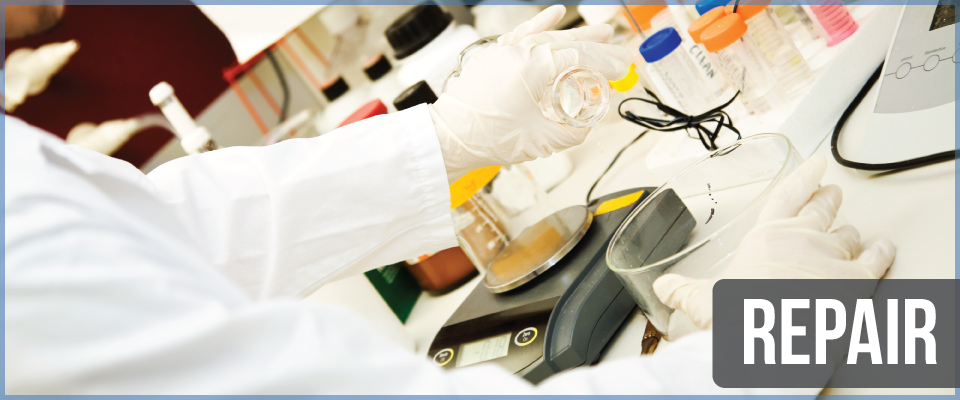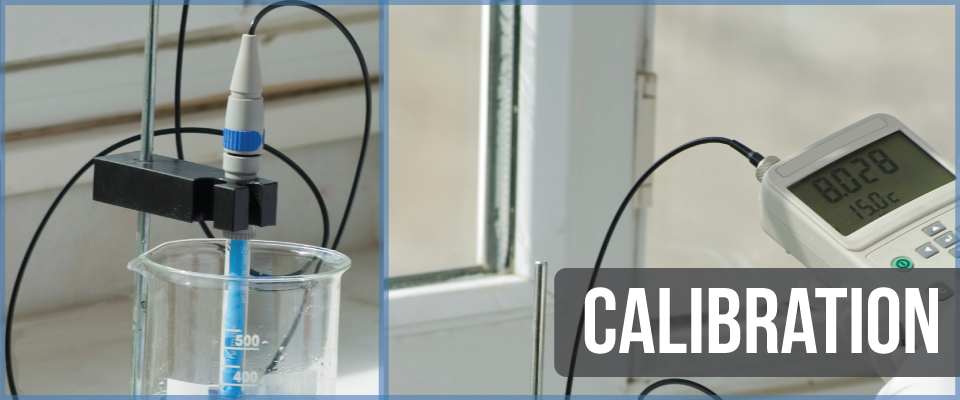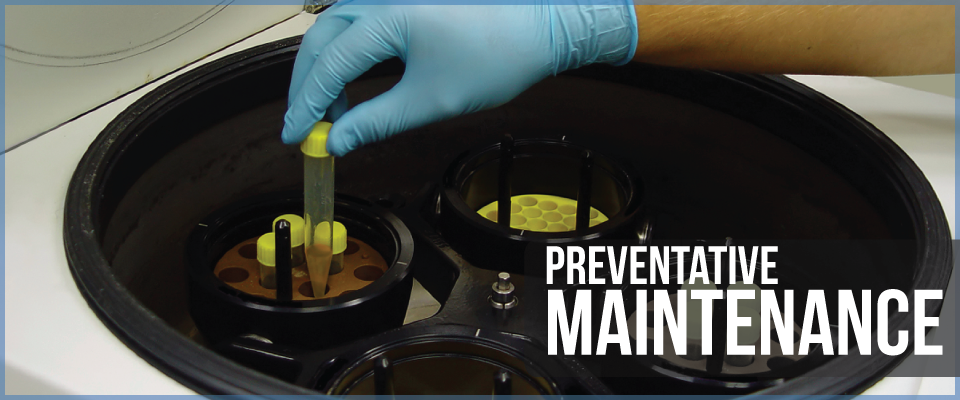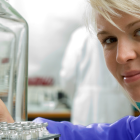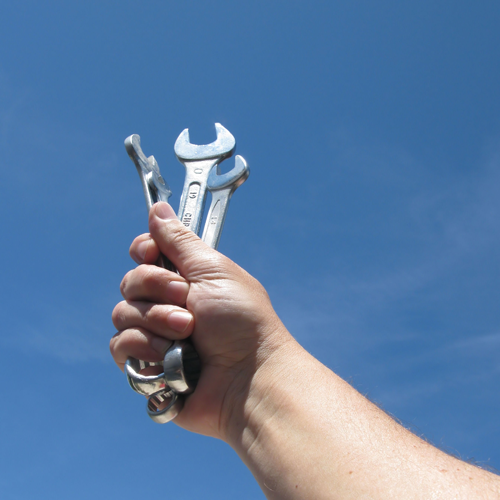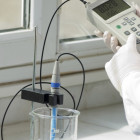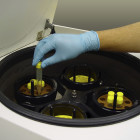Laboratory Equipment Repair v. Replacement
Posted by bluecoatservices on Apr 3, 2015 in bcs News
Accuracy of results is the ideal you strive for in your lab. Equipment that is not working correctly has a negative impact on the results of your tests. Your findings can be compromised and probably need to be discarded. To correct this problem, you’ll need to get the instruments calibrated or repaired, or replaced. Often, labs have their own technicians attempt to repair their lab instruments. And just as often, this can be a problem. When laboratory equipment is repaired, it must be repaired by a qualified and trained technician. To repair, or to replace? We discuss these options below: Replacing Equipment: Replacing laboratory equipment is always the first thought when an instrument goes down. There can be a variety of reasons for replacing laboratory equipment. Many times, depending upon the part that’s malfunctioning, people will weigh the age and usage of laboratory equipment to see if they can get more out of their instrument. Sometimes the laboratory equipment has been used for so many years beyond its life cycle, and often beyond its capacity that replacement is the only choice. As this is the surest but most costly option, if you have the money it will be an easy decision to make. With new equipment, you pay more and you are ensured 1-3 years of care free maintenance, if handled appropriately. But not every lab has the budget to replace malfunctioning equipment. In these circumstances, repair and calibration provide you with improved and consistent results. Maintenance and Repair of equipment: Proper maintenance and repair is a very cost effective way of keeping your lab in good working condition. Technical procedures of the equipment must be followed for the maintenance of laboratory equipment. Proper maintenance records must be kept in order to keep sufficient intervals for the next date of maintenance. If the equipment is not running correctly and is out of calibration, it reduces the accuracy of laboratory equipment. Maintenance includes proper cleaning, handling, calibration and steps that will help prevent breakage or damage. When the procedure is followed correctly, you can be assured of the reliability of your equipment. Sensitive instruments such as incubators, shakers, liquid handlers, plate readers, thermo-cyclers and centrifuge require attention, maintenance and calibration on a regular basis to perform to your standard. Maintenance and calibration of laboratory equipment is important to ensure dependability of results, and long time reliability. Proper...
Read More